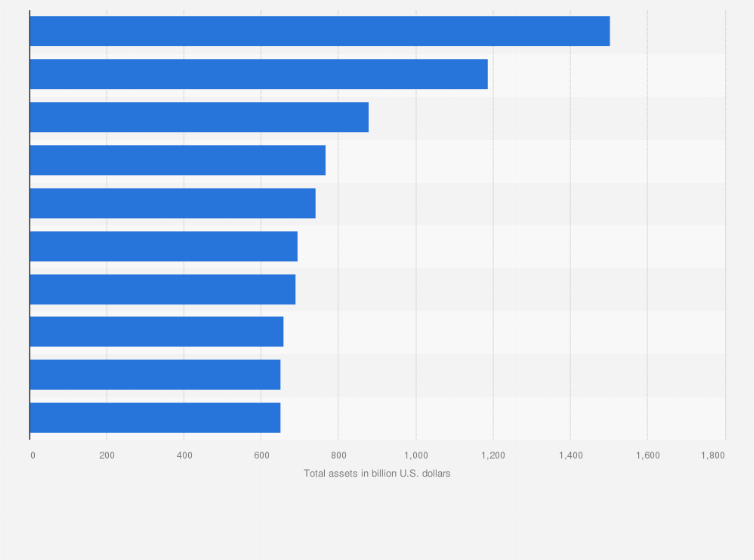Leading insurance companies worldwide 2024, by total assets
Allianz was named the largest insurer worldwide by total assets. Chinese insurer Ping An proved to be the second-largest insurer as 2024, with total assets worth approximately 961 billion U.S. dollars. It was also the leading insurance brand globally.
The insurance industry
Insurance is the transfer of the risk of a possible loss from one entity to another in exchange for payment. Insurance is a form of risk management used to ensure some degree of financial security in the face of uncertain loss. The person or institution that purchases the insurance from the insurance company is known as the insured or the policyholder. The amount of money charged to this organization or individuals for the insurance coverage is known as the premium. The value of life insurance premiums in the U.S. have risen significantly in recent years. The practice which determines the level of risk and therefore the premium for the coverage is carried out as part of the risk management processes; the appraising and controlling of the risk.
If a major event occurs, a natural disaster for example, then insurers must pay out. It may be the case the insurer has many insured entities, and has a high level of exposure. This is why insurance involves pooling funds from many different sources in order that funds are sufficient to pay for the losses that may occur in some cases. In order that risk may be shared and some of the financial burden may be divided, insurance companies often transfer some of the risk to reinsurers, who purchase insurance from the insurance company. This passing of the risk allows insurers to issue policies with higher limits than would otherwise be allowed, making it able to take on more risk because of the displacement of the risk that has been passed on to the insurer.













